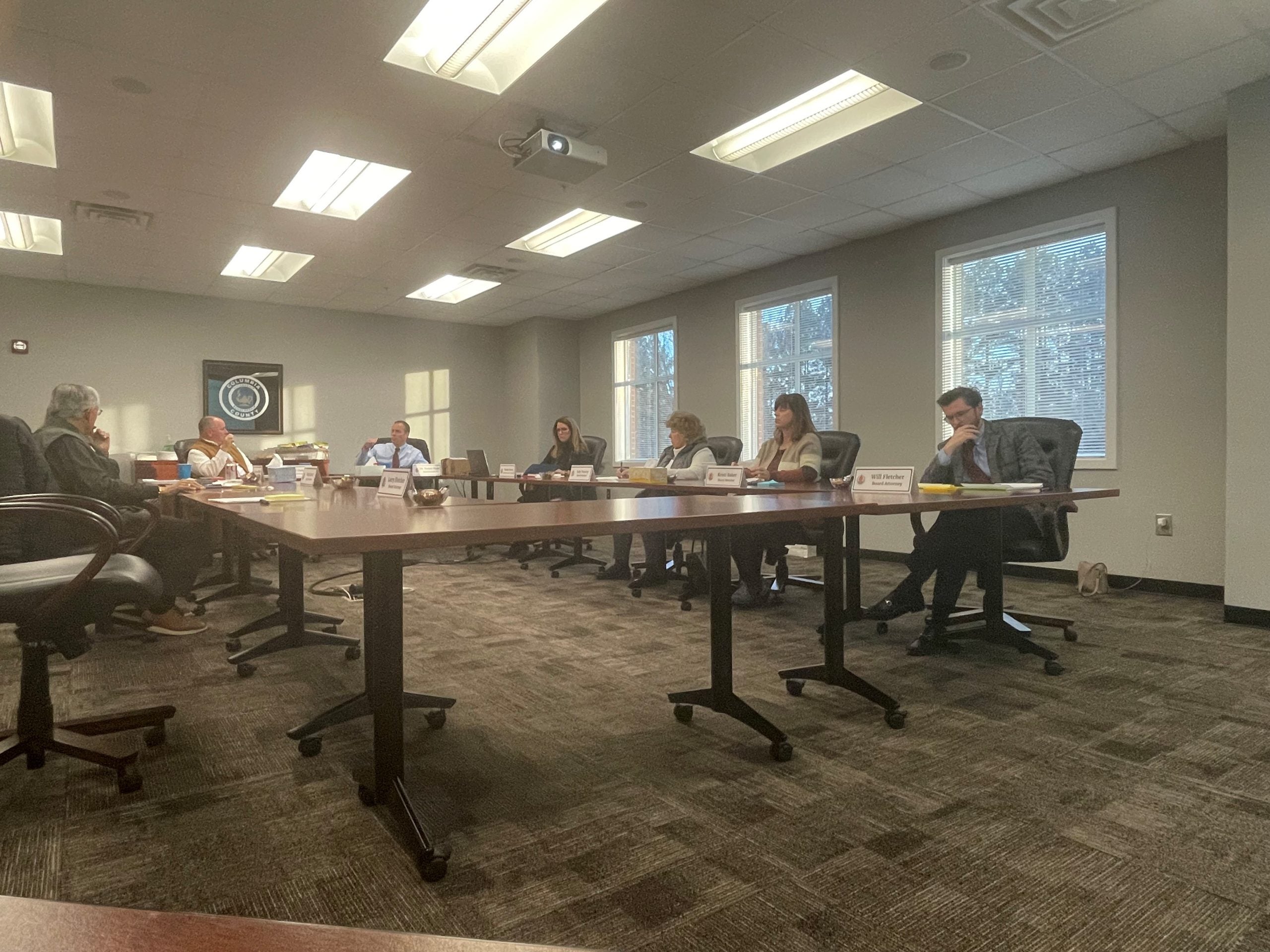The Columbia County Board of Education met Monday evening to discuss some forthcoming issues on its agenda in the new year.
The last Board Retreat was in June, during which Superintendent Steven Flynt reviewed with board members the approved 2023 budget. In Monday’s meeting, Flynt reviewed the budget schedule.
“January comes in and we really start in earnest talking about how we’re going to be developing a budget for the coming year,” said Flynt, noting to board members that while the school district administration is examining upcoming budget issues throughout the year, the development process officially begins in February. Administration confers with each department in preliminary meetings.
“Any cost area is represented here, and they would present their full budget to cabinet, so we’ll be able to see what their proposals are prior to bringing them to us,” Flynt explained.
Each school goes through this process with their assistant superintendent, and their budget figures are due to the cabinet by March 3. District departments are to have their figures submitted by March 17, and all of the data—including for employee salaries—should be loaded by April 21, in time for the budget presentation on April 25.
The first public hearing for the budget is currently scheduled for the morning of May 2, followed by a public input hearing on the afternoon of May 9, and finally budget approval on May 23.
“And that puts us in good spot for millage rate set in July,” Flynt said. “And then finalizing all that and sending all our data and information to the State Department in August.”
Flynt also explained that departments are to “zero out their budgets” each year.
“If there’s something they spent money on last year, that they don’t need this year, they don’t just automatically receive the same amount,” said Flynt, noting each new item must be prioritized and based on a specified need, which departments must present and categorize as “improvement items.”
The improvement items are presented to the board as an adjustment to the budget from the previous year. “They have to bring the data for the need,” Flynt said.
Items often include potential new staff, and an example the board discussed was new counselors, considering—as Chairman David Dekle pointed out—Gov. Brian Kemp’s announcement during his reelection campaign that he would push toward funding for Georgia school districts to bring in more counselors, in order to address COVID-era learning loss.
Skyler Q. Andrews is a staff reporter covering business for The Augusta Press. Reach him at skyler@theaugustapress.com.










